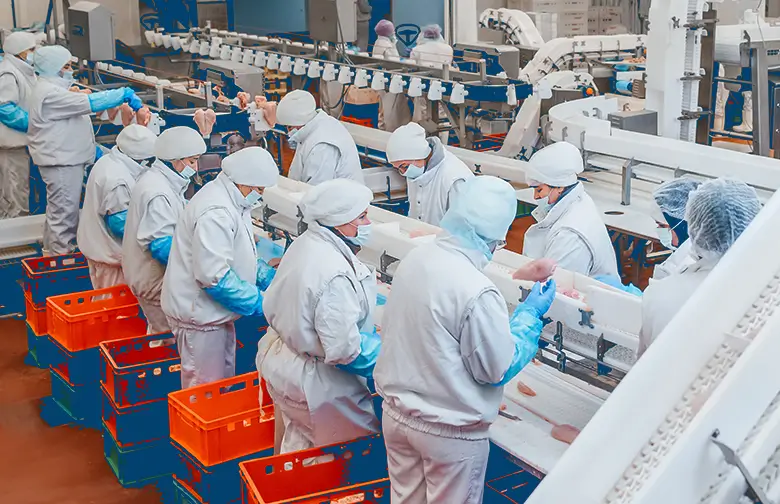
In today’s food & beverage landscape, manufacturers juggle tight margins, strict safety regulations, and complex supply chains—all while trying to scale efficiently. Siloed systems, manual spreadsheets, and outdated tools aren’t just slowing growth—they’re risking waste, recalls, and lost trust.
That’s where a purpose-built ERP comes in. Tailored to this industry, it transforms visibility, traceability, and risk management. Here’s how.
Traceability is now a baseline requirement. Firms must execute “farm-to-fork” tracking across supplier, production, and distribution stages. Modern ERP systems offer automated lot tracing, audit-ready reporting, and rapid recall response—all crucial for safety and consumer trust redlineforproduce.com+1food-safety.com+1researchgate.netfoodprotection.org.
U.S. foodborne illnesses alone cost an estimated $75 billion annually, encompassing healthcare, lost productivity, and chronic health conditions pubmed.ncbi.nlm.nih.gov.
Recalls cost businesses an average of $10 million per incident—with around 700 FDA recalls yearly, reaching approximately $7 billion in direct costs, and up to $10 billion including indirect losses researchgate.net+14food-safety.com+14foodpoisoningnews.com+14.
Beyond immediate financial damage, a recall often triggers deep erosion of consumer confidence. Brands can lose market share, and recovery can span years or even be permanent .
Research indicates that enhanced traceability systems can reduce recall-related public health and economic losses by up to 55%, potentially avoiding $14 million per incident techtarget.com+4foodprotection.org+4redlineforproduce.com+4. One 10-year traceability study projected $263 million in direct savings for a single facility researchgate.net.
ERP ensures precise recipe versioning, formulation control, and automated costing—crucial for product consistency, compliance, and cost management. Changes in ingredient costs don’t introduce errors or compliance gaps .
For perishable products, ERP-driven expiration tracking, FIFO/FEFO protocols, and automated alerts are game changers. They minimize waste, improve procurement, and safeguard margins.
ERP isn’t just about compliance—it fuels efficiency. Centralized, real-time data drive faster, more accurate decision-making. Companies equipped with ERP-enabled traceability report being significantly ahead in cost tracking, compliance, and disruption resilience .
ERP solutions often skew too enterprise-level or too basic. Manufacturers in the sweet spot—needing robust traceability, recall response, and compliance without exorbitant costs—are underserved. SAS is designed to fill that gap:
If fragmented systems, recall anxiety, or declining consumer loyalty are affecting your operations, SAS can help level up your ERP strategy—with traceability as a core capability.
Let’s talk ERP for your F&B business.
Discover how leading manufacturers use ERP to trace, isolate, and mitigate recall risk. Book a FREE consultation.